ADHD, Our Family and What I’m Learning
This post may contain affiliate links.
Do you have a child with attention issues?
I’ve wondered for years if my oldest daughter had attention issues. She almost always had a difficult time focusing but sometimes could focus intently for hours. I thought I would wait and see how she did in school before investigating any farther. But, recently she’s been having more trouble — taking a lot longer to get things done than her classmates but more than that, I was seeing a level of defiance and rudeness that concerned me.
When we spoke about this behavior, she told me she felt like she was outside herself watching but couldn’t stop it.
Was this just an excuse? I wanted to have compassion yet high behavior expectations so I set about to learn more information before I decided how to react to her behavior.
I knew it was time to get up to speed on ADHD.
(*As a teacher, I knew for sure that ADHD was a very real diagnosis — not to label a child, but to help children better understand how their brain works and find helpful strategies for learning.)
I spoke with an ADHD expert who said yes, the defiance could very well be a symptom of ADHD. (!!) I had no idea.
Shocked, I wanted to learn more.
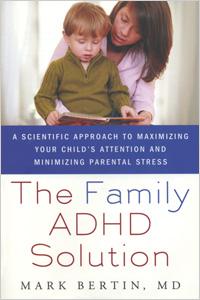 The Family ADHD Solution
The Family ADHD Solution
So, I read The Family ADHD Solution by Mark Bertin, MD — and it was life-changing.
But before I tell you about it, I want to tell you that discovering that my husband had ADHD literally saved our marriage. Because once I realized that his intention wasn’t to be disrespectful, that his brain was easily distracted, and he really loved me, we had something from which we could build. (Talk about life-changing!) I found out that ADHD often runs in the family, or at least children whose parents are ADHD are more pre-disposed to having it. I also discovered that a lot of adults with ADHD are entrepreneurs and very creative. Cool, huh?
Back to the book.
I gained a broader understanding of ADHD.
Frontal Lobes
ADHD is not just a focusing issue. “ADHD is a disorder of self-regulation and a set of skills called “executive function.” With ADHD, the frontal lobes are under-active and easily overwhelmed by tasks that seem easy to others. Add that to not great executive function and you get behaviors like melt-downs, impulsive behaviors, and poor motivation. (Would that explain my daughter’s feeling that she wasn’t able to control what came out of her mouth?)
Oh, and remember how I noticed my daughter could focus for longer periods of time? Well, it turns out that like I’d seen in my husband, people with ADHD can hyperfocus, or over focus. Hmmmm. Interesting stuff.
Bertin writes, “ADHD is as frustrating for the children who have it as it is for adults trying to raise them.” (Feeling compassion, not annoyance now.)
But it is hard for parents.”To teach a child with ADHD skills and change behaviors, parents must maintain their resolve over far longer stretches of time than they would with other children.” (That’s for sure!)
Besides attention management struggles, we also can see that people with ADHD have challenges with: task management, effort and motivation, emotional regulation, working memory, and self-monitoring.
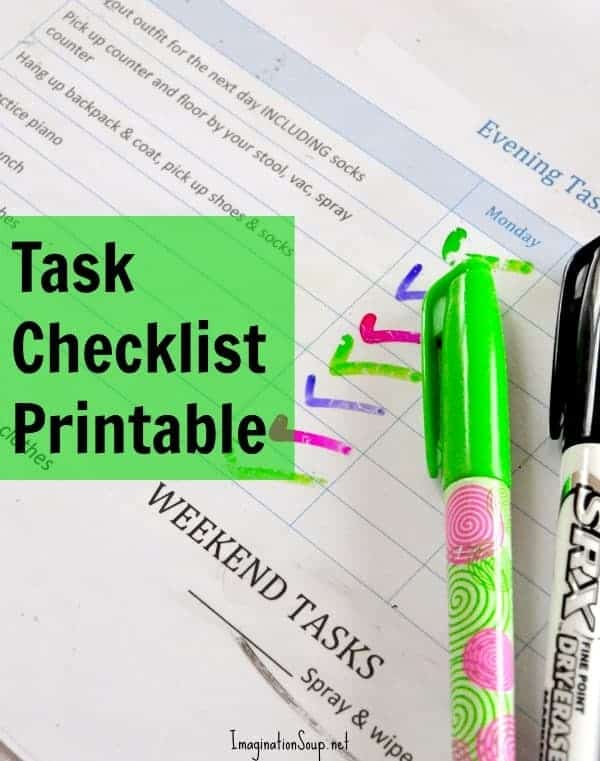 More Lessons on ADHD
More Lessons on ADHD
The book shares how mindfulness meditation can benefit children with ADHD as well as their adult caretakers — emphasizing how as parents, we must take care of ourselves so that we can be consistent with the boundaries and structures.
I liked how Bertin focused on helping children with one thing at a time and also making sure we go back to the skills the child needs — without skipping ahead on the developmental continuum and not seeing results. Crawl before Walk before Run.
One thing I knew I could do better to help my daughter, whether she has ADHD or not, was to create a list of tasks to do before school and after school. That way she doesn’t have to try to keep it all in her memory – which is really hard for her and usually means that I end up nagging. Boo to that! Here are my lists if you want to use them, too.
Morning List – .docx
Evening List – .docx
I stuck the lists in a clear plastic pocket, gave her a dry-erase marker, and now she only has to remember to check her task list.
Next Steps
I’m changing pediatricians but when that’s finished, I’ll take her to be evaluated. They’ll give me and the teachers a checklist like this one or this one.
As far as medication goes, we’ll cross that bridge when we come to it. I realize that sometimes medication can be a gift to help us be our best selves.
The ADHD Family Solution book says that a combination of medication and behavior therapy gets the best outcomes according to studies. It mentions how medication can help children develop executive function skills.
Your Story
I would like to hear from you. What is your experience with ADHD? Do you recommend any other books or resources?
UPDATE: (1/2018)
After getting my daughter tested, we learned that she is super smart. (Which is cool! I need to give her more credit. #parentinggoals) Our biggest ah-ha that I wanted to tell you was that while ADHD is an issue for her, her bigger struggle is with VERY slow processing. (Like the 1%.)
It makes a lot of sense now that we know this. I can see why her attention would drifts– because it takes her so long to access information or think something through. Can you imagine trying to solve a problem, read a sentence, or answer a question but you can’t quite get make your brain process fast enough?
And now that she gets extra time to do work and tests, her grades are much better!



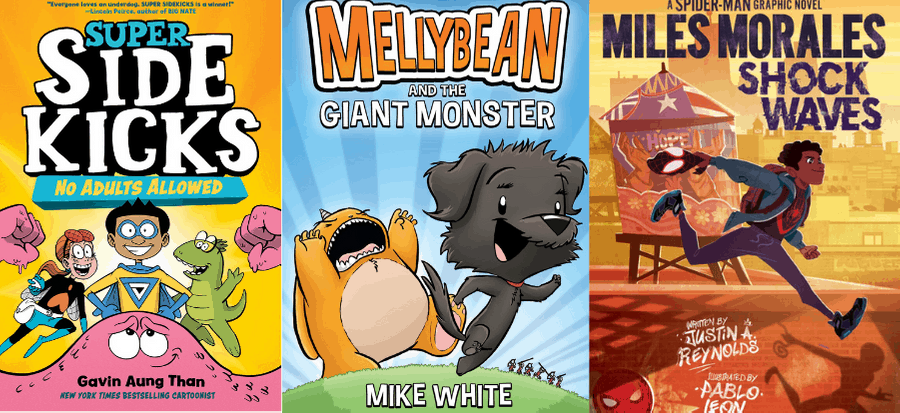
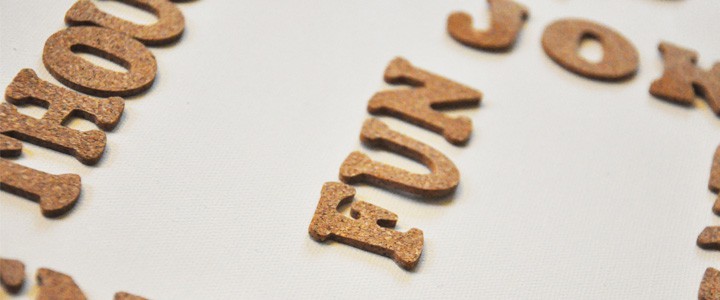
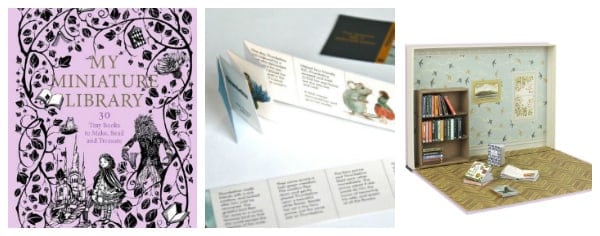
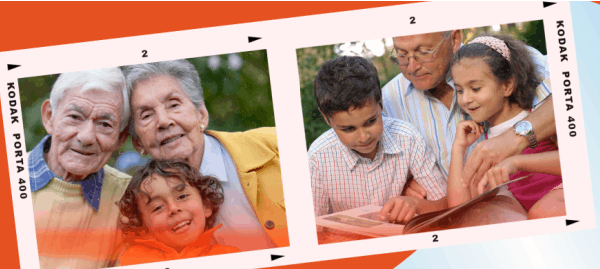
I can’t tell you how wonderful it was to read through all these posts and find people that can relate to having a child with ADHD! I recently ran into someone that I hadn’t seen in awhile and didn’t realize when we did the “how are your kids doing” that his son also had ADHD. It was the first time that I had talked to another parent (besides my husband :)) that had a child with ADHD – it was one of the best conversations I’ve ever had!
My son is almost 9 and has ADHD. My husband and I suspected for some time that he did but had him officially tested about 2 years ago. He gets services through school to help aide him but we felt that he needed something more so we started him on medication. He has made great strides with his focus at school but still struggles with impulsiveness and social skills.
Our daughter (11 years old) struggles with understanding her brother’s ADHD – I was wondering if anyone had any book recommendations for siblings of kids with ADHD? She is a very kind and patient girl but understandably gets frustrated at times and struggles – I think she could do better if she understood better how his mind works. Thanks!
Puppy Mind by Andrew Jordan Nance and The Lemonade Hurricane by Licia Morelli both are about mindfulness but also really contrast that with a mind that is constantly busy or bouncing around from one thing to the next.
I’ve just started reading “The Organized Student” by Donna Goldberg. Although it does specifically address ADHD, it has many organization methods that can help those students who struggle with executive function. I’ve applied some methods in my homework coach sessions and seen good results!
good to know – thanks!
Hi, I’ve known I have ADHD for most of my life, and I’ve known that it contributes to my struggles with school work, but this is the first time I’ve ever been offered a solution besides throwing meds at me, or being told that there’s ‘nothing actually wrong with your brain – if you’d just try harder/weren’t so lazy/stopped making excuses, you’d be better.’ So yeah. Thanks for 1) acknowledging that people with ADHD exist and work hard to ‘be normal’, and 2) for offering an actual idea that could actually help me.
Hi
Thank you for your thoughts and for sharing. I am looking forward to reading the book myself. My son has ADHD, and it’s been quite the journey for us. He is now on meds, and oh my what a difference they make in both his and our lives. He is now at a point where he can feel the difference himself, and notices when the meds weren’t taken. We are still working on routines. We have the morning routine in place, and he is good at getting ready in the morning. We have a lot of learning as far as homework and after school routines go, remembering to bring things home from school etc.
I was very touched by what you said about how finding out about your husband’s ADHD saved your marriage. The more I read and learn about this, the more I realize that I am the one with the ADHD in the family, and I start to make sense of a lot of my reactions, or short memory etc. I loved how your daughter described her reactions as being outside herself, watching, but not being able to do anything about it. That is really what it feels like. I have an inner irritability, that isn’t really caused by anything, but which lingers there, and surfaces unexpectedly, without very good reasons. Since I’ve come to realization that I might also have ADD, I also started practicing Yoga and Meditation, and it’s been a tremendous help. It’s like all of a sudden you can see clearly…..
Good luck with your journey, and please keep sharing.
Thank you for sharing your story, I am going through the process of diagnosis and I am really struggling. It is so helpful to read about other parents experiences and to know I’m not alone. Thank you.